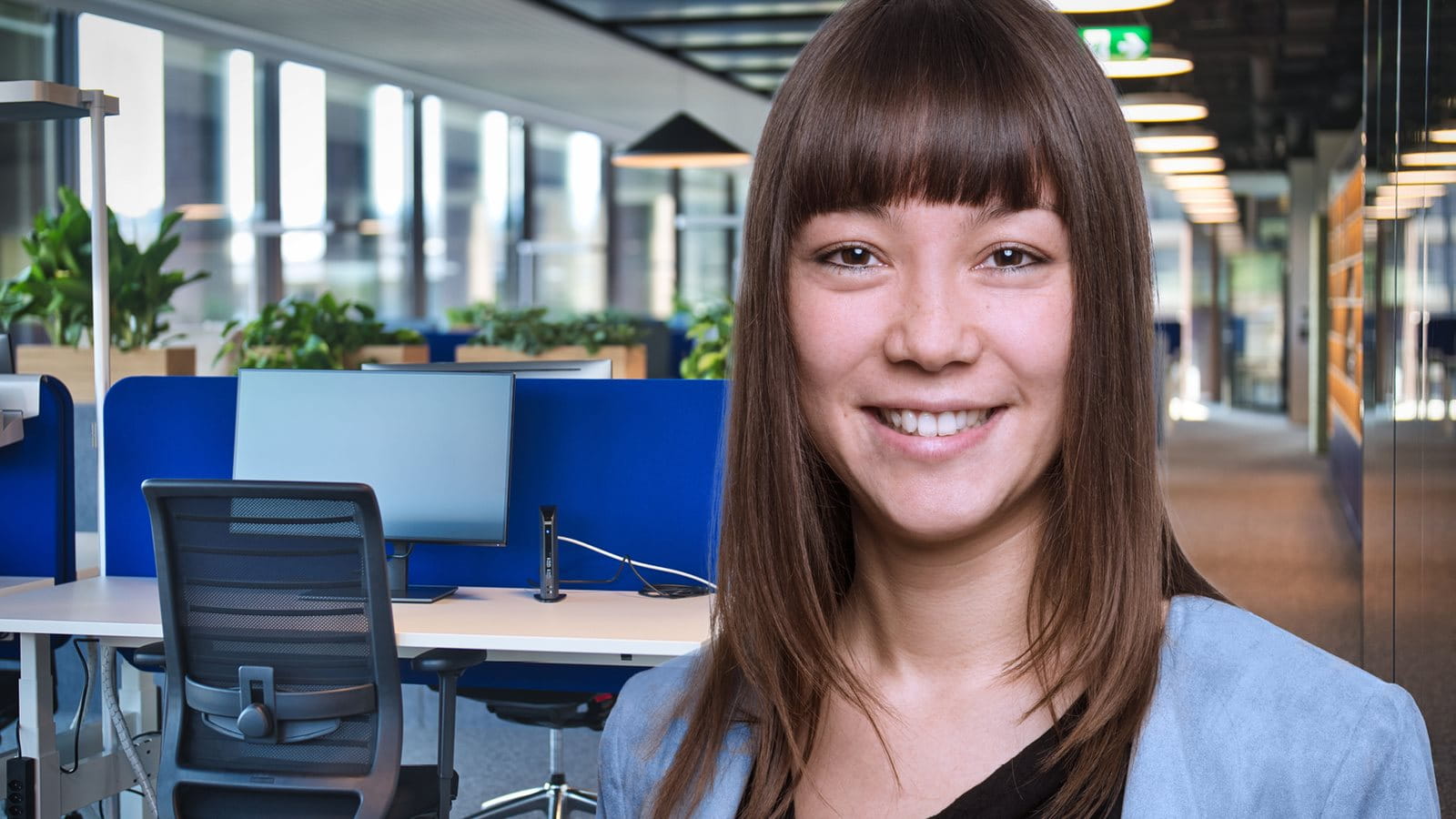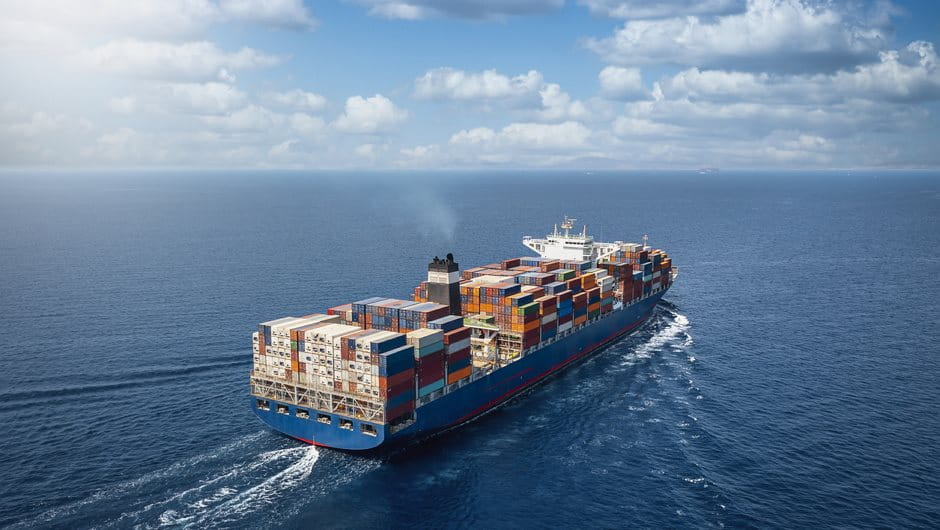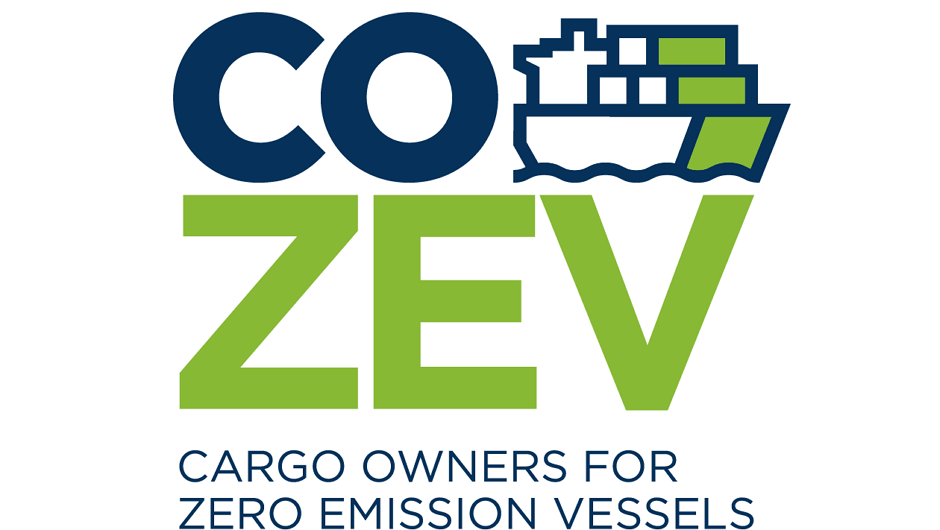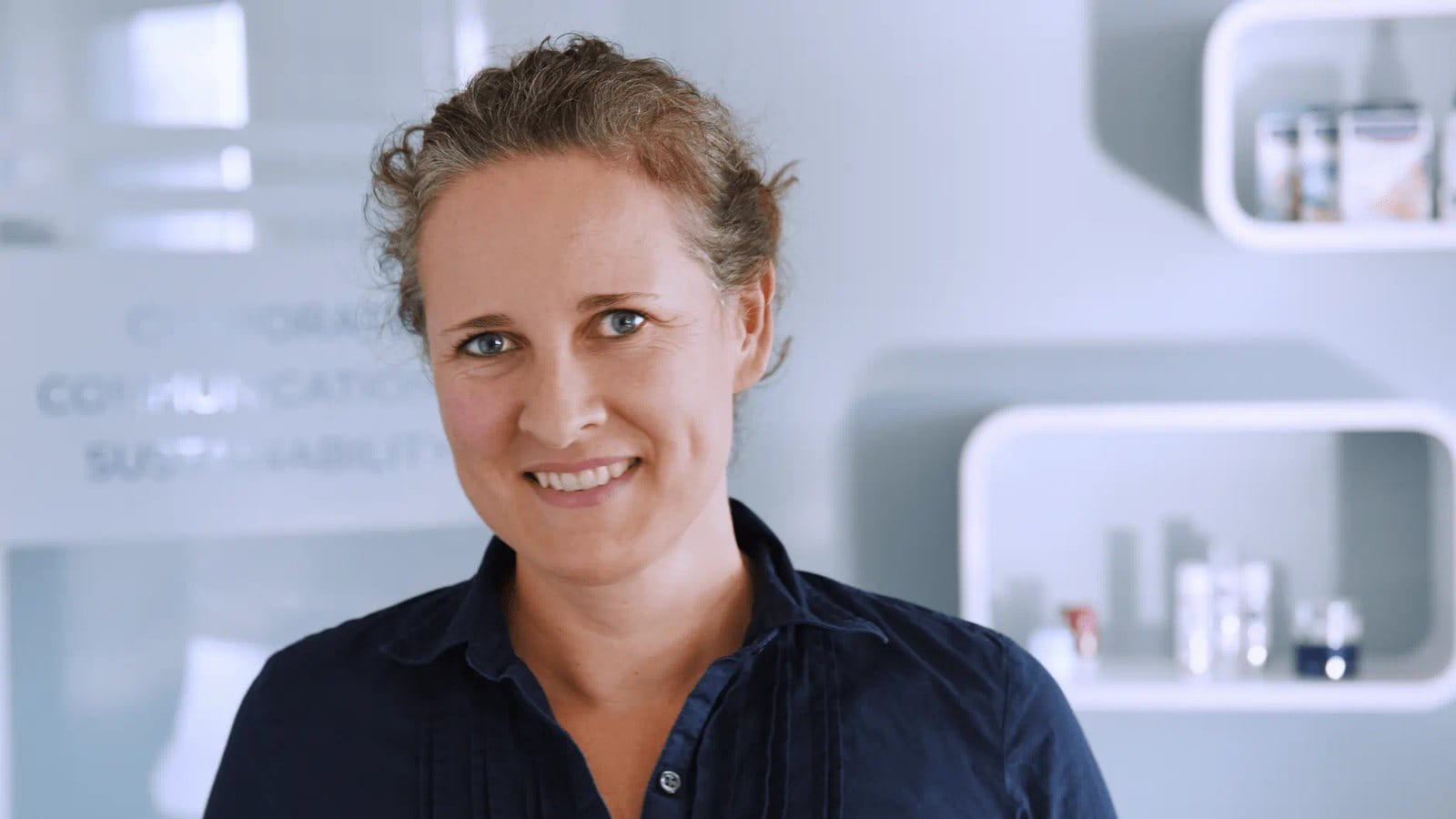In the context of “Zero Emissions Day,” we would like to use the opportunity to raise awareness on the impact of our daily emissions. For this, we spoke to Claudia Lemke, Supply Chain Sustainability Manager at Beiersdorf, about our transport emissions. It’s so crucial to limit emissions if we want to tackle climate change, which is why Beiersdorf has set an ambitious climate target for 2025 that also aims to reduce greenhouse gas emissions across the business and the value chain by 30% in absolute terms.
Tackling our Transport Emissions
Claudia, what does a day in the life of a Supply Chain Sustainability Manager look like? What challenges do you face?

In my role, every day is different and filled with both exciting and challenging tasks. My main responsibility as a Supply Chain Sustainability Manger is to decarbonize our supply chain. Here, we look at our emissions from our production centers, third-party producers, and logistics. Within this, I put a special focus on our transportation emissions. Globally speaking, there are only very few low-carbon solutions in the transportation sector, such as biofuels. Zero-carbon solutions, like eTrucks powered by 100% renewable electricity, are not quite there yet.
In the search for new ways to achieve a decarbonized supply chain, I collaborate daily with colleagues from operations, procurement, and external suppliers who offer new and innovative logistics concepts. What I have been working on in the past months is to reduce our greenhouse gas emissions from sea shipping, which is crucial to our transportation network. We ship various products on global trade lanes, where goods travel around the world, crossing oceans – for example from Europe to the Americas, South Africa, the Middle East, Thailand, and Australia. All our logistics services are handled by third parties, which makes them scope 3 emissions.
Could you quickly elaborate what scope-3 emissions are?
Scope-3 emissions are our so-called indirect emissions. While scope-1 and scope-2 emissions can be managed rather directly within our company, scope-3 emissions are those emissions outside of our company. Scope-3 emissions can be divided into upstream emissions, i.e., those generated by our suppliers, and downstream emissions, which are attributable to our customers or consumers. Reducing upstream logistics emissions is contributing to our climate target that aims to reduce our value chain emissions by 30% in absolute terms by 2025 (compared to 2018). And here, we have already achieved fantastic progress. At the end of 2021, we had reduced our finished goods transport emissions by 9.0% and logistics emissions that include transportation and warehousing by 15.4% (compared to 2018).
That’s really great progress. How much does sea freight weigh within our overall transportation emissions?

Sea freight is an essential mode of transport for us. Not only does it enable us to reach faraway destinations easily, but it is also relatively climate friendly. While almost 60% of our international shipments are by sea, if we take into account both weight and distance (ton-kilometers), only around 11% of our transport emissions are resulting this, making it a rather carbon-efficient mode of transport.
In concrete terms, sea freight averages 8 grams CO2e/tkm. This means that 8 grams of CO2e are emitted to transport one ton of freight for one kilometer. To compare this, transporting goods by truck emits an average of about 98 g CO2e/tkm. Comparing it to air freight, sea freight emits 99% less! However, container ships are still too often operated with heavy fuel oil or marine oil, which generates comparatively high CO2 emissions and nitrogen oxides when these fuels are burned.
So, what can be done to make sea shipping more sustainable? What have we achieved so far, and what is yet to come?
Well, so-called alternative fuels play an important role in making sea shipping more sustainable. So far, we are already using biofuels from waste streams, such as used cooking oil. In 2021 alone, we purchased biofuel certificates for ocean shipping worth one million euros. We opted for this investment because it could be implemented right away and benefits the environment. However, biofuels are only a transitional tool, as waste streams don’t meet global demands. What’s exciting to share, is that we just signed “coZEV”, our commitment to zero-emission vessels. We want to achieve this by continuing to invest in more sustainable fuels, which are currently being researched.
Can you share what coZEV stands for?

coZEV is a coalition of cargo owners that joined forces in
the transition to clean ocean shipping. All members, like us as Beiersdorf,
have the following ambitions:
1. Decarbonization
of ocean freight by 2040
2. Call
for full decarbonization of the maritime sector by 2050
3. Ask
supply chain partners and policymakers around the world to take swift
and ambitious action to bring zero-carbon shipping solutions to scale
More information about coZEV can be found here https://www.cozev.org/.
What this new commitment means for Beiersdorf?
At Beiersdorf, we are taking these ambitions very seriously: By 2040, we aim to purchase only ocean freight services that run on scalable carbon-free fuels. As I mentioned before, biofuels are not the ultimate goal, but rather a transitional tool. We want to go one step further and invest in innovations such as ammonia and hydrogen. We will work in several areas, both individually and collectively, to achieve our targets. These include setting interim targets, tracking emissions, expanding our partner network, and bringing our collective freight demand together.
All in all, our efforts contribute to our CARE BEYOND SKIN Sustainability Agenda and our “Climate Care” approach that aims to minimize our environmental footprint and reduce emissions to the max.
Thanks so much, Claudia, for these interesting insights on how we work on tackling our transportation emissions. We are crossing our fingers for a continued success story in emission-reductions in the coming years.
Related Links
About the editor: Katrin Selzer

Katrin has been working at Beiersdorf since 2003. After various positions in marketing, strategy, digital and PR, she is since September 2018 Senior Communication Manager and responsible for the topic of sustainability. For Katrin, sustainability has a high personal relevance, since it changes the world for the better – and she contributes by communicating about it. Her communication is very passionate and she tries to also push the topic forward. In her private life, she is constantly seeking new ways and means to live a more sustainable lifestyle and inspire others with it.
